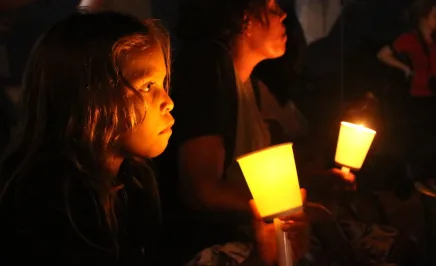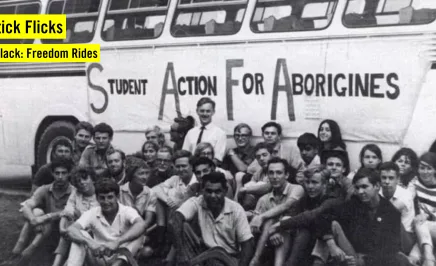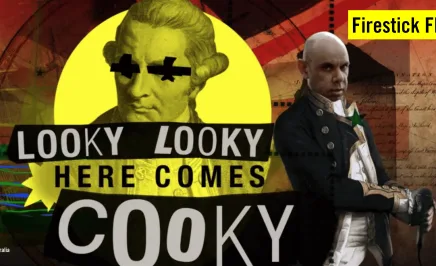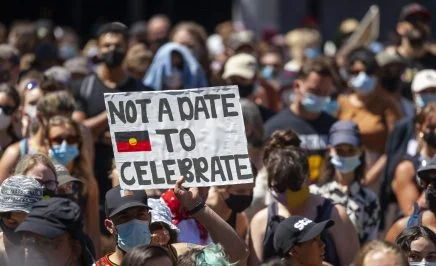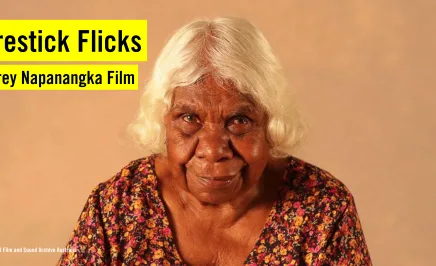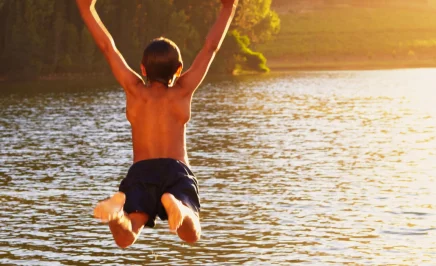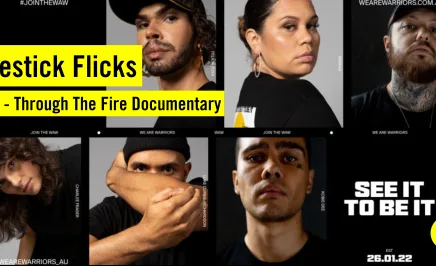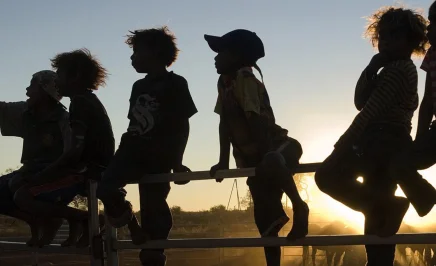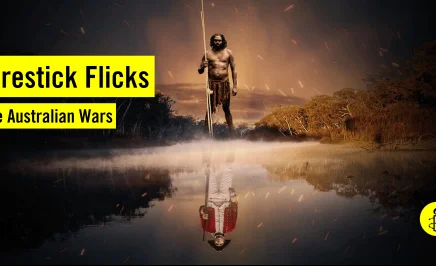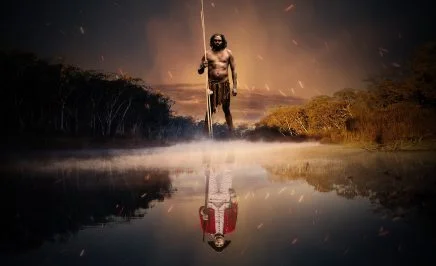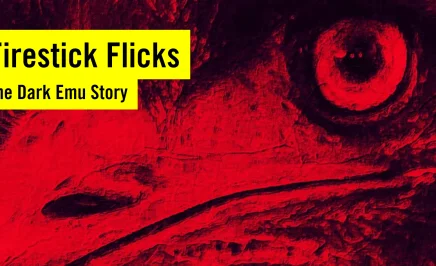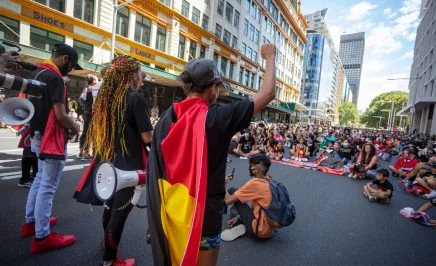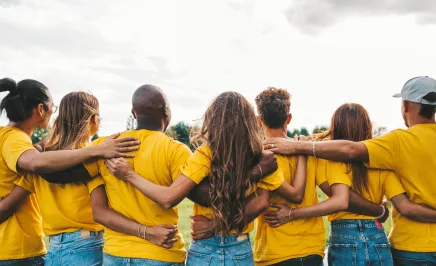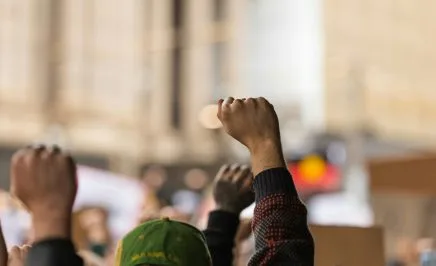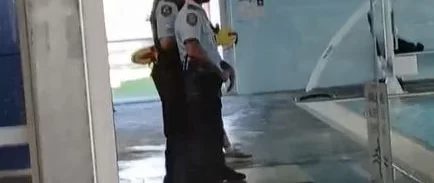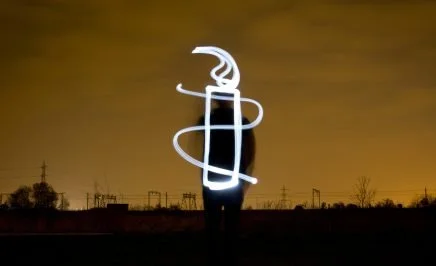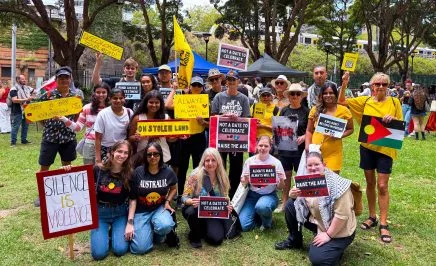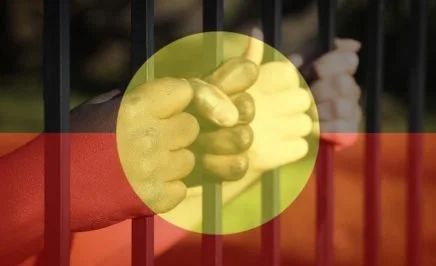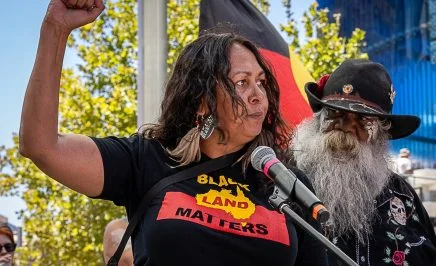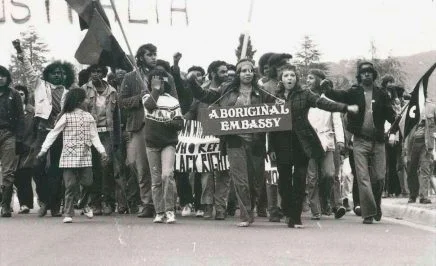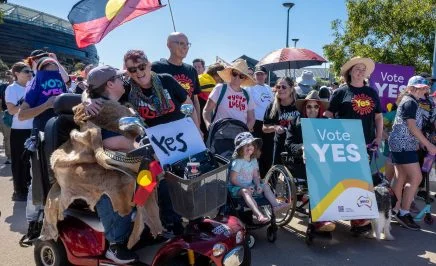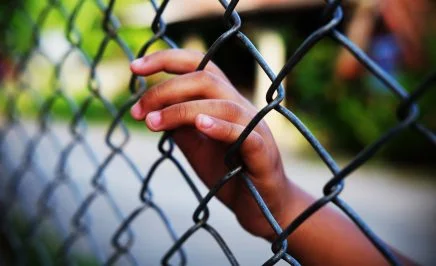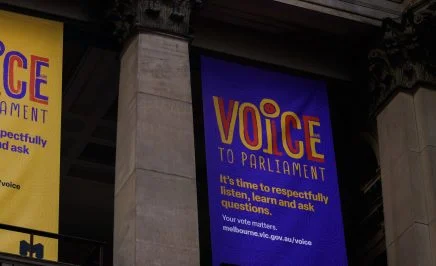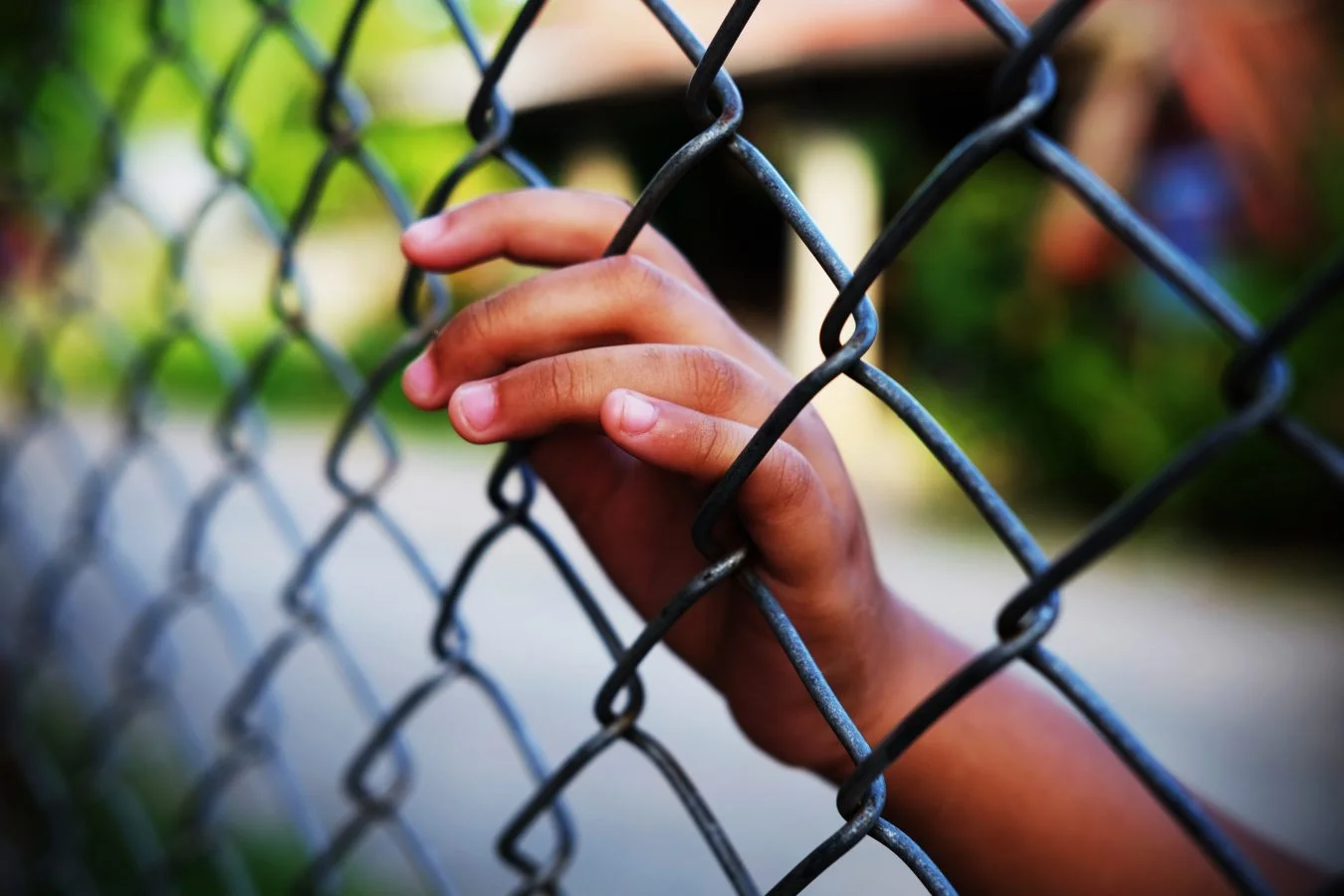In brief
The outcome of the referendum is not what we had hoped for and worked so tirelessly towards. Right now, we’re contending with the nation’s rejection of the generous, unifying invitation from First Nations communities across Australia for a brighter future for this county.
We share in the deep discouragement that you may be feeling. The road ahead seems challenging, but please know that we are not giving up. Together, we will persevere in the face of adversity–towards a more equal and just nation.
For now, we have left the rest of the content on this page unaltered.
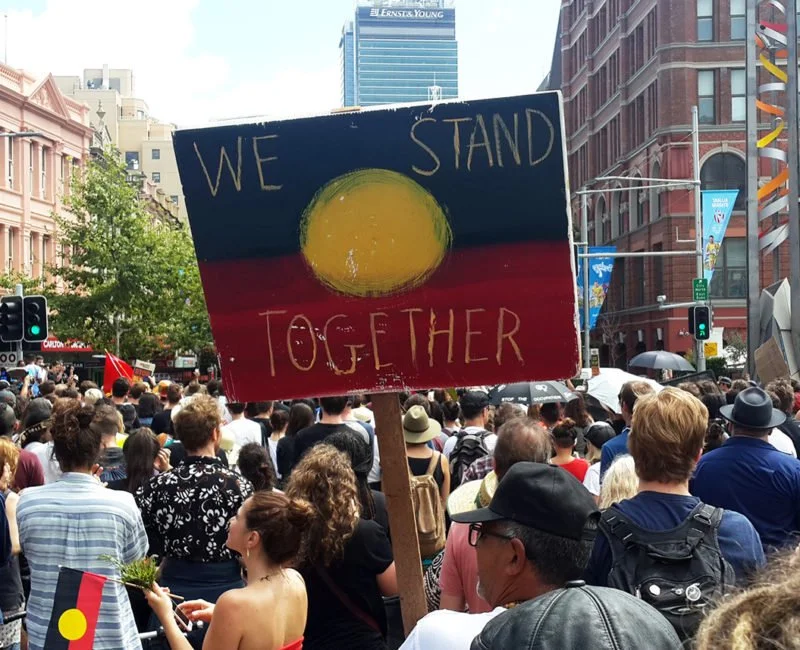
The Voice to Parliament In Depth
Everything you need to know
Amnesty stands in solidarity with Aboriginal and Torres Strait Islander Peoples in their continuing fight for justice, and all it encompasses. As a predominantly non-Indigenous organisation, Amnesty recognises the importance of supporting Aboriginal and Torres Strait Islander Peoples in the pursuit of self-determination and justice, and acknowledging there’s a diversity of opinions and perspectives in First Nations communities.
As a human rights organisation, we recognise the opportunity the 2023 Referendum on the Voice provides in progressing First Nations rights in Australia. Amnesty is committed to campaigning to ensure all human rights are recognised and realised for all First Nations peoples, and as such supports voting in favour of the Voice to Parliament. Amnesty intends to continue supporting Aboriginal and Torres Strait Islander Peoples’ demands for justice beyond the Voice, and encourages its supporters and the public to do so as well.
Authorised by Sam Klintworth, Amnesty International Australia, Sydney/Gadigal
“The referendum is a once in a generation opportunity. I see the referendum as the most meaningful thing we can do together to bring two societies together, to change the course of this country and to improve the lives of Aboriginal and Torres Strait Islander people across the continent. As a human rights organisation, it’s fundamental for us to seize this landmark opportunity. I am proud that Amnesty International Australia has heard the call from Uluru, and to work alongside you all as we create history together.”
– Rodney Dillon, Palawa Elder, Amnesty International Indigenous cultural advisor.
“Aboriginal and Torres Strait Islander people have asked the nation to support the Voice, so we can help inform efforts to protect our human rights, to see our kids thrive at school, our families access housing and opportunity, and for our Elders to live longer, healthier lives. Amnesty International Australia supporters have a vital role to play in securing this opportunity for First Nations people to better advise on the decisions made about our lives, now and for generations to come.”
– Kacey Teerman, Gomeroi woman and Indigenous Rights campaigner.
Visit our FAQs page and our myth-busting page to learn the truth about what the Voice to Parliament will achieve for the human rights of First Nations peoples.
Close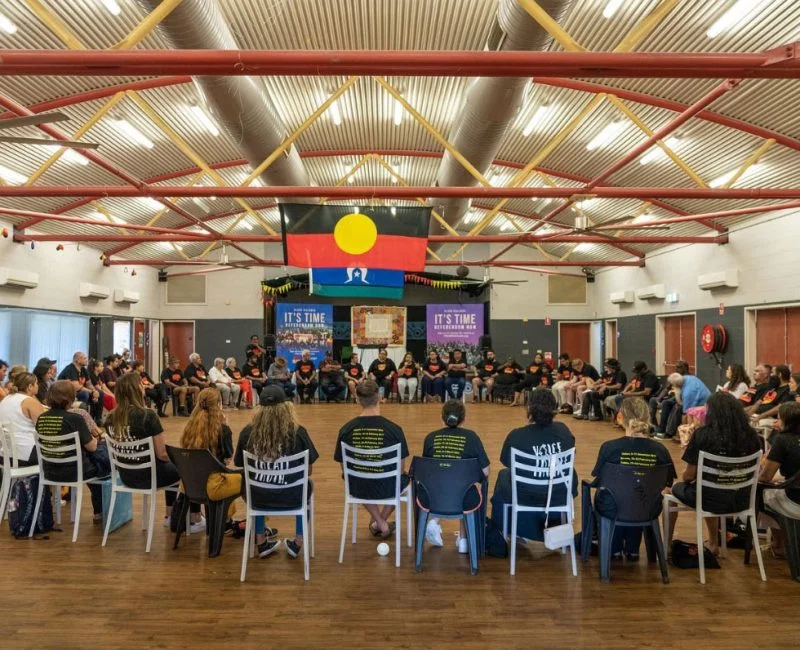
Road to referendum
The Voice to Parliament was proposed in the Uluru Statement from the Heart. The Uluru Statement is the culmination of over a decade of work and extensive First Nations consultation which arrived at a consensus about what constitutional recognition should look like.
The road to the Uluru Statement from the Heart has been a long one even without mentioning the decades of Aboriginal and Torres Strait Islander activism that came before it. A series of regional dialogues were held across the country, culminating in a National Constitutional Convention at Uluru in 2017, where First Nations adopted the Statement.
The Uluru Statement is an invitation from First Nations people to all Australians. One of its key features is to ask Australians to support meaningful constitutional recognition through providing a First Nations Voice to Parliament.
What does the Uluru Statement from the Heart say?
“We, gathered at the 2017 National Constitutional Convention, coming from all points of the southern sky, make this statement from the heart: Our Aboriginal and Torres Strait Islander tribes were the first sovereign Nations of the Australian continent and its adjacent islands, and possessed it under our own laws and customs.
This our ancestors did, according to the reckoning of our culture, from the Creation, according to the common law from ‘time immemorial’, and according to science more than 60,000 years ago. This sovereignty is a spiritual notion: the ancestral tie between the land, or ‘mother nature’, and the Aboriginal and Torres Strait Islander peoples who were born therefrom, remain attached thereto, and must one day return thither to be united with our ancestors. This link is the basis of the ownership of the soil, or better, of sovereignty. It has never been ceded or extinguished, and co-exists with the sovereignty of the Crown. How could it be otherwise? That peoples possessed a land for sixty millennia and this sacred link disappears from world history in merely the last two hundred years? With substantive constitutional change and structural reform, we believe this ancient sovereignty can shine through as a fuller expression of Australia’s nationhood. Proportionally, we are the most incarcerated people on the planet. We are not an innately criminal people. Our children are alienated from their families at unprecedented rates. This cannot be because we have no love for them. And our youth languish in detention in obscene numbers. They should be our hope for the future. These dimensions of our crisis tell plainly the structural nature of our problem. This is the torment of our powerlessness. We seek constitutional reforms to empower our people and take a rightful place in our own country. When we have power over our destiny our children will flourish. They will walk in two worlds and their culture will be a gift to their country. We call for the establishment of a First Nations Voice enshrined in the Constitution. Makarrata is the culmination of our agenda: the coming together after a struggle. It captures our aspirations for a fair and truthful relationship with the people of Australia and a better future for our children based on justice and self-determination. We seek a Makarrata Commission to supervise a process of agreement-making between governments and First Nations and truth-telling about our history. In 1967 we were counted, in 2017 we seek to be heard. We leave base camp and start our trek across this vast country. We invite you to walk with us in a movement of the Australian people for a better future.”
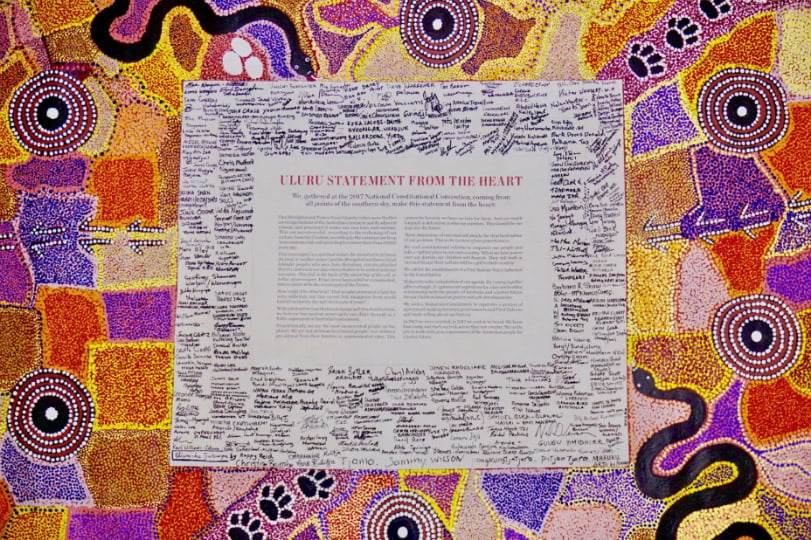
The Uluru Statement calls for a First Nations Voice to Parliament and a Makarrata Commission to supervise a process of agreement-making and truth-telling. These reforms are: Voice, Treaty, Truth.
The first reform is the constitutional enshrinement of a Voice to Parliament (Voice). A Voice is a common reform adopted around the world by liberal democracies to improve democratic participation for Indigenous populations. In Australia, the Voice will empower First Nations politically. It will be a permanent institution for expressing First Nations’ views to the parliament and government on important issues affecting First Nations People.
The second reform is the Makarrata Commission to supervise a process of agreement-making between governments and First Nations (Treaty), and truth-telling (Truth).
Voice, Treaty and Truth provide a clear and practical path forward for First Nations’ self-determination in accordance with the United Nations Declaration on the Rights of Indigenous Peoples.
A vital step towards First Nations justice
The Voice to Parliament provides an opportunity to progress the human rights of First Nations Peoples in Australia through a consultative policy making process that delivers meaningful structural change and a positive impact on their lives.
Aboriginal and Torres Strait Islander people know and understand the best way to deliver real and practical change in their communities. Decades of evidence spanning healthcare and health responses, approaches to education, justice reinvestment and the preservation and celebration of culture shows that First Nations Peoples are best served and can best flourish when they're involved in the decisions made about their lives.
The Voice to Parliament will provide an avenue for them to provide advice to the Federal Parliament on issues, opportunities and priorities specific to their lives. Information from communities will result in better quality laws and policies, better targeted investment and ultimately better outcomes for First Nations people across many sectors.
Amnesty sees the Voice as a significant opportunity to advance our campaigning for First Nations human rights across many issues including the overrepresentation of First Nations children in Australia’s youth detention centres. The overrepresentation is damning proof that current policies regarding youth justice aren’t working. We know that when Aboriginal and Torres Strait Islander people steer or lead the policies to address youth incarceration, such as community-led justice reinvestment programs, kids are far more likely to remain out of jail, in their communities and at school. The overrepresentation of Aboriginal and Torres Strait Islander kids in prison is exactly the type of issue that the Voice would advise government on, and exactly the type of issue where advice from First Nations leaders would make a difference.
Visit our FAQs page to learn more about what the Voice to Parliament will achieve for the human rights of First Nations peoples.
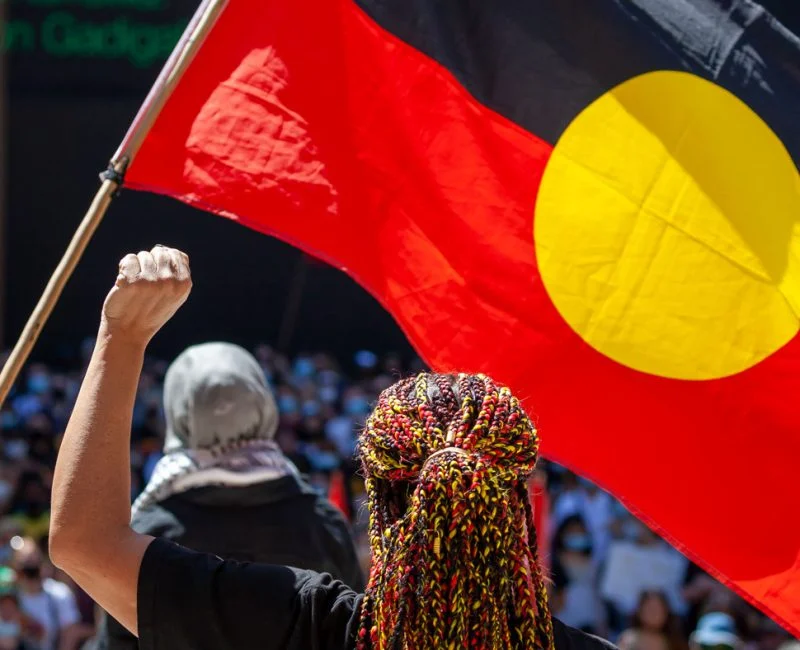
The 2023 Referendum on the Voice to Parliament
In the last quarter of 2023, Australians will be asked to vote in a referendum to decide if First Nations people should have a seat at the table when decisions are being made about their lives.
Following a successful referendum, there will be a process with Aboriginal and Torres Strait Islander communities, the Parliament, and the broader public to determine the exact shape of the Voice design (e.g. the number of representatives and how they will be selected).
Legislation to establish the Voice will then go through standard parliamentary processes to get the input of elected representatives in both Houses of Parliament. This ensures the Voice’s design can be flexible and evolve as required. The government, together with the Referendum Working Group has released a set of principles that will guide the design of the Voice, should a referendum be successful.
For the Referendum to be successful, it needs a double majority. This means a majority of votes in at least four states as well as a majority across the whole of Australia.
Referendums are like elections. To show your support for the Voice to Parliament, first make sure you’re enrolled to vote. Then on polling day, you can go to a polling place set up at schools and other public buildings around the country and cast your vote on a ballot paper.
To find our more about the 2023 referendum visit the Australian Electoral Commission website. Visit our FAQs page to learn more about what the Voice to Parliament will achieve for the human rights of First Nations peoples.
Close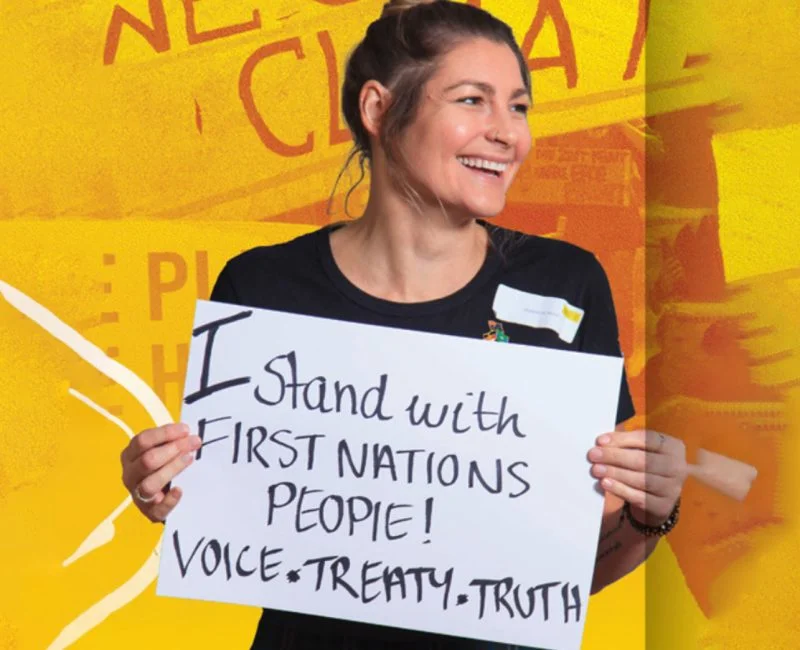
What we’re doing
Led by First Nations staff, Amnesty is campaigning to support the yes case in the referendum. Through on-the-ground activism, community organising and digital engagement we aim to promote the Voice to Parliament as a vital step towards recognising the sovereignty, self-determination, and agency of Indigenous peoples. Securing widespread public support will help deliver a successful ‘Yes’ result and contribute to a more just, inclusive, and respectful nation.
Read MoreAmnesty's campaign for the Voice to Parliament
Our campaign aims to engage, educate and mobilise our supporters and the wider Australian public securing widespread support for the Indigenous Voice to Parliament and leading to a successful referendum. We’ll do this by:
- Collaborating with Indigenous-led groups, human rights advocates, community organisations, and other stakeholders, we’ll share resources, expertise, and networks, effectively mobilising a united front in support of the Voice.
- Through targeted educational initiatives, we’ll equip supporters and the public with comprehensive and accurate information about the historical context, significance, and benefits of an Indigenous Voice to Parliament.
- We’ll actively engage with diverse communities, including Indigenous communities, to ensure their voices and perspectives are at the forefront of our advocacy efforts. By listening to and elevating the experiences of First Nations People, we aim to create a more inclusive and representative movement that champions the principles of self-determination and human rights.
- Mobilising our supporters will involve empowering them to take meaningful action. We’ll provide accessible and actionable ways for individuals to contribute, such as organising local events, sharing educational content, and promoting the campaign through their networks.
- By leveraging digital and traditional media platforms, we’ll disseminate compelling stories and messages that highlight the importance of the Indigenous Voice to Parliament. Our campaign will inspire empathy, solidarity, and a collective commitment to a fairer and more equitable Australia.
Want to get more involved? Check out our Voice Activist Toolkit NOW!
Amnesty is proud to have worked with First Nations artist Lucas Schober, a proud Wuthathi, Yadhaigana, Kaurareg and Yindjibarndi First Nations man and artist from Larrakia Country (Darwin), who has designed all the artwork on our campaign materials.
CloseTake Action Now
BECOME A HUMAN RIGHTS DEFENDER TODAY
Your regular gift can help end the overrepresentation of Indigenous children in prisons and fund vital work for First Nations justice.

